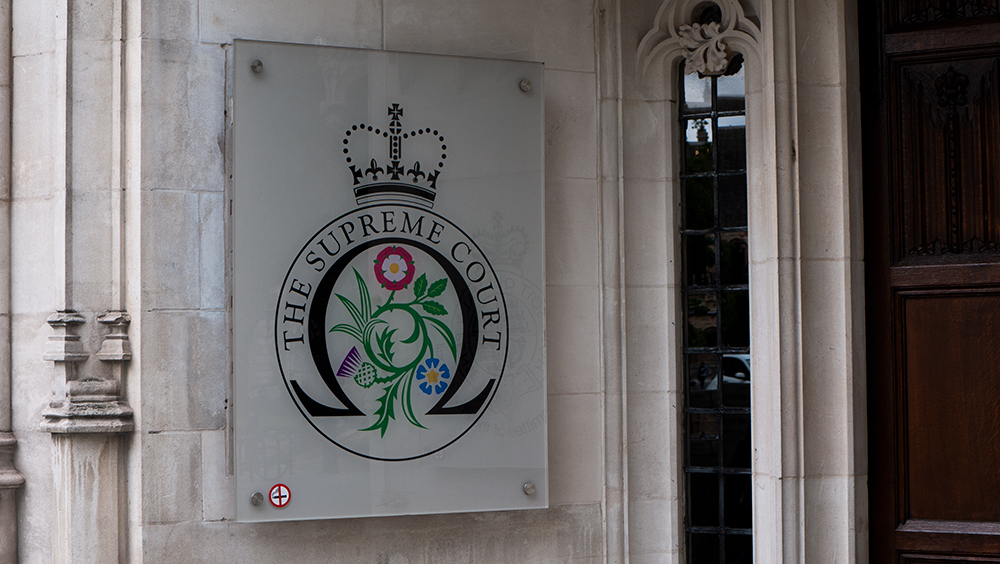UK Supreme Court rules protections for striking workers are inadequate

The UK’s lack of legislation protecting striking workers from disciplinary sanctions short of dismissal is in breach of the European Convention on Human Rights, the UK Supreme Court has unanimously ruled.
Trade union UNISON brought the case on behalf of care worker Fiona Mercer, who was suspended by employer Alternative Futures Group (AFG) after taking part in lawful strike action.
While suspended, Ms Mercer received normal pay but was unable to earn pay for the overtime she would otherwise have worked.
She subsequently brought a claim against AFG under section 146 of the Trade Union and Labour Relations (Consolidation) Act 1992 (TULRCA), which protects workers from detrimental treatment aimed at discouraging trade union activity “at an appropriate time”.
The Employment Tribunal ruled that this section could not be interpreted as protecting workers from detriment short of dismissal for participation in lawful industrial action as a member of an independent trade union — a question eventually appealed to the Supreme Court.
The words “at an appropriate time” mean that s.146 TULRCA limits the protection available to activities which are outside working time and/or not inconsistent with the worker’s performance of their primary duties to their employer.
The Supreme Court unanimously agreed to grant a declaration of incompatibility to the effect that s.146 TULRCA is incompatible with Article 11 (freedom of assembly and association) of the ECHR.
Delivering the judgment, Lady Simler said: “The ultimate legislative solution to the problem identified in this case may call for enquiry. Questions of policy will have to be addressed and evaluated, their practical ramifications considered, and a fair balance struck between all the competing interests at stake.
“But the existence of policy choices in the means of giving effect to the lawful strike rights protected by Article 11 is a reason in favour of making a declaration of incompatibility, not refusing one.
“It is for Parliament to decide whether to legislate and, if so, the scope and nature of such protection. Moreover, resolution of these issues being pre-eminently a matter for Parliament, it may consider that section 146 is not after all the correct vehicle to remedy the problem.”
UNISON general secretary Christina McAnea said: “This is the most important industrial action case for decades. It’s a victory for every employee who might one day want to challenge something bad or unfair their employer has done.
“Rogue bosses won’t like it one bit. They’ll no longer be able to punish or ill-treat anyone who dares to take strike action to try to solve any problems at work.
“No one strikes on a whim. There are many legal hoops to be jumped through first. But when a worker decides to walk out, they should be able to do so, safe in the knowledge they won’t be victimised by a spiteful boss.
“The government must now close this loophole promptly. It won’t cost any money and isn’t difficult to do. Today is a day to celebrate.”










